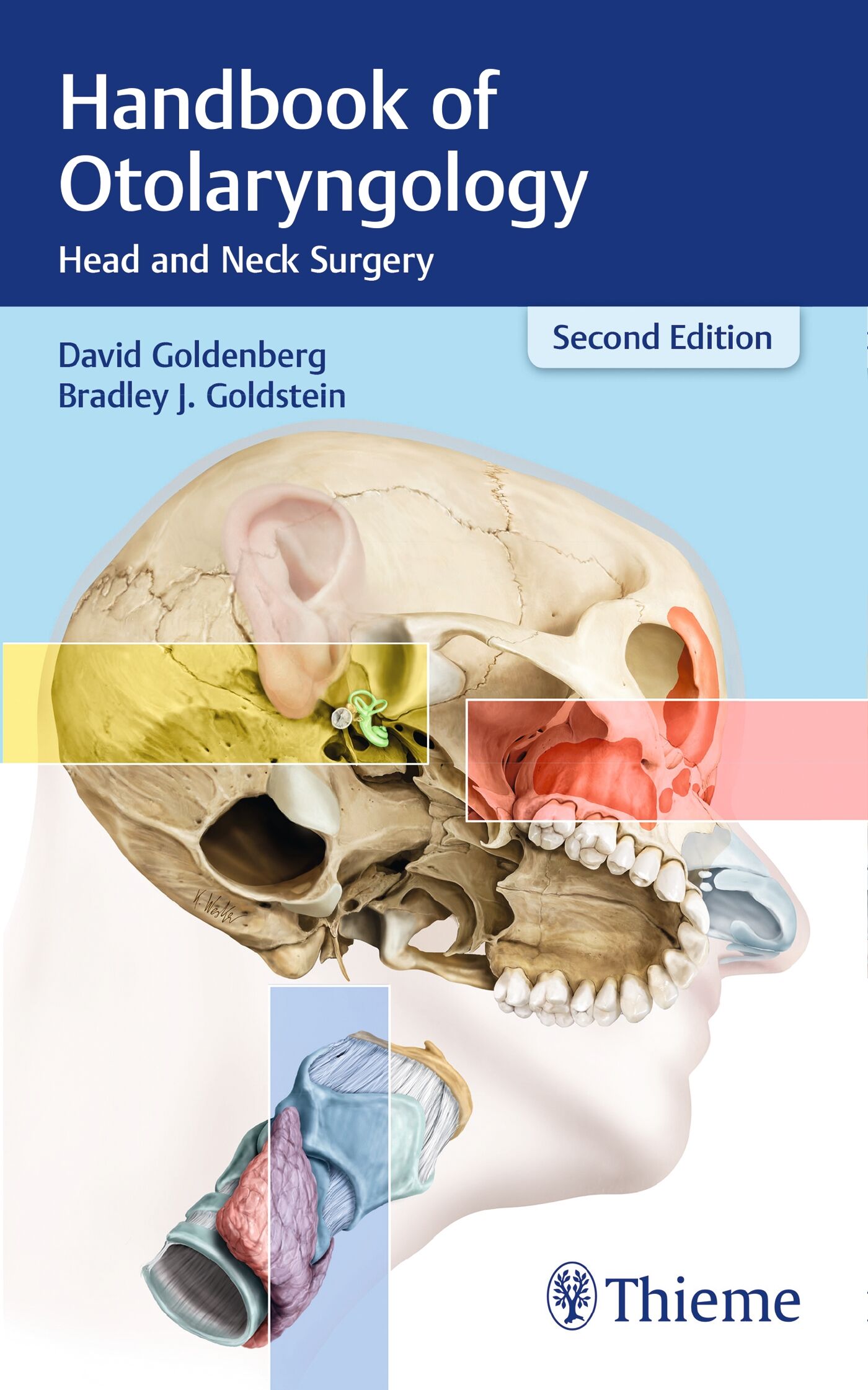Otolaryngology Insights: What Patients Should Know
Otolaryngology Insights: What Patients Should Know
Blog Article
Checking out the Area of Otolaryngology: What to Anticipate When You Get In Touch With an ENT
Otolaryngology, typically referred to as ENT, incorporates the medical diagnosis and treatment of nose, throat, and ear disorders. For those experiencing associated concerns, seeking advice from an ENT specialist can provide clearness and alleviation. Recognizing what to expect during such consultations is vital for effective interaction and care. This summary will outline essential aspects of the ENT experience, including common reasons for visits and the processes involved in diagnosis and treatment.

Recognizing Otolaryngology: An Overview
Otolaryngology, often described as ENT (Throat, ear, and nose) medication, is a specific branch of medication that concentrates on the diagnosis and treatment of problems influencing these important areas of the body. This area incorporates a vast array of disorders, including those pertaining to hearing, balance, respiratory feature, and speech. Otolaryngologists are trained to take care of both clinical and medical therapies, utilizing sophisticated strategies and technologies. Their competence expands beyond standard disorders, resolving issues such as allergies, sinus infections, and hearing loss. Additionally, they play an essential function in the administration of head and neck cancers cells, supplying detailed treatment tailored to private client requirements. In general, otolaryngology remains important for preserving health and wellness and top quality of life in damaged people.
Common Reasons to See an ENT Specialist
Numerous individuals look for the expertise of an ENT professional for a range of reasons, mirroring the diverse nature of conditions that influence the throat, nose, and ear. Typical issues include persistent sinusitis, which typically results in persistent nasal blockage and facial discomfort. Allergies and their linked signs, such as itching and sneezing, also motivate brows through to these specialists (Otorrinolaringologia). Hearing loss, whether abrupt or gradual, is an additional significant factor for assessment. On top of that, individuals may seek examination for throat conditions, including consistent hoarseness or ingesting difficulties. Sleep apnea, identified by disrupted breathing throughout sleep, is often addressed by ENT experts. Each of these problems highlights the importance of specialized treatment in managing intricate ENT-related health and wellness problems
Planning for Your ENT Appointment
When getting ready for an ENT consultation, it is important to gather pertinent details and think about any type of details problems. Individuals should put together an in-depth case history, consisting of previous ear, nose, or throat concerns, surgical procedures, and current drugs. Recording signs and symptoms-- such as period, intensity, and regularity-- can provide valuable understandings for the ENT professional. In addition, people need to prepare a listing of questions they desire to ask, making certain that all problems are resolved throughout the go to. Bringing along any kind of appropriate medical records or test outcomes can even more help the ENT in understanding the individual's problem. Finally, patients need to verify their visit details, including date, time, and place, to decrease any kind of last-minute complication. Proper prep work can enhance the performance of the assessment and lead to better end results.
What to Expect During the Assessment
As the assessment starts, the individual can expect to participate in a thorough discussion with the ENT expert about their signs and symptoms and case history. The professional will ask about the period, frequency, and severity of symptoms such as hearing loss, nasal congestion, or aching throat. Additionally, the individual's previous clinical problems, drugs, and any type of relevant family background will be reviewed, aiding the specialist in developing a full understanding of the client's wellness. The ENT might likewise inquire about lifestyle variables, such as exposure to irritants or irritants. This open discussion establishes a foundation for the examination, ensuring that the individual's problems are addressed and establishing the phase for any required examinations or referrals for treatment.
Analysis Examinations and Treatments in Otolaryngology
A range of diagnostic tests and procedures are important in otolaryngology to precisely examine and identify conditions impacting the nose, ear, and throat. Typical examinations include audiometry, which measures hearing function, and tympanometry, examining middle ear stress. Nasal endoscopy allows visualization of the nasal flows and sinuses, while laryngoscopy examines the throat and bradley johnson ent vocal cords. Imaging techniques, such as CT scans and MRIs, provide in-depth sights of head and neck frameworks. Allergic reaction screening might additionally be conducted to recognize triggers for sinus or breathing issues. These diagnostic devices allow ENT specialists to create a complete understanding of individuals' conditions, ensuring tailored and reliable management plans. Proper medical diagnosis is important for effective therapy results in otolaryngology.
Treatment Options Provided by ENT Specialists
ENT specialists offer a selection of treatment alternatives customized to deal with particular conditions affecting the nose, ear, and throat. These treatments range from conventional strategies, such as drug and way of life modifications, to even more intrusive treatments. Allergic reactions might be handled with antihistamines or immunotherapy, while persistent sinusitis may require nasal corticosteroids or sinus surgical treatment. For hearing loss, ENT professionals frequently suggest listening devices or medical treatments like cochlear implants. In cases of throat disorders, alternatives can consist of speech therapy or procedures to eliminate obstructions. Furthermore, they may give assistance for taking care of rest apnea, including the usage of CPAP devices or surgical treatments. On the whole, the objective is to enhance patients' high quality of life through personalized treatment and effective treatment approaches.
When to Look For Follow-Up Care With an ENT
When to look for follow-up treatment with an ENT professional is vital for handling ongoing signs or difficulties related to throat, nose, and ear conditions, recognizing. Patients need to think about setting up a follow-up visit if signs persist despite preliminary therapy, such as chronic ear pain, nasal blockage, or throat pain. Modifications in hearing, equilibrium issues, or uncommon nasal discharge may also call for more assessment. Furthermore, if an individual experiences side impacts from suggested drugs or has actually undertaken a medical procedure, follow-up treatment is essential to keep track of recovery and address any worries. Timely appointments can assure effective administration of conditions, stop prospective check that issues, and provide peace of mind relating to one's health and wellness. Looking for follow-up treatment promotes aggressive health and wellness monitoring in otolaryngology.
Regularly Asked Inquiries

What Qualifications Should I Seek in an ENT Expert?
When looking for an ENT professional, one must try to find board accreditation, pertinent experience, and strong client testimonials. Additionally, effective communication skills and a compassionate technique can greatly enhance the total treatment experience.
Just how Do I Pick the Right ENT for My Demands?
Selecting the right ENT expert involves reviewing their certifications, experience, and individual testimonials (Otolaryngologist). It is vital to contemplate their interaction style and strategy to therapy, guaranteeing they line up with the individual's particular health demands and choices
Are There Any Risks Related To ENT Procedures?
The dangers connected with ENT procedures may consist of infection, bleeding, anesthetic issues, and possible damages to bordering structures. Clients must go browse around these guys over these threats with their physician to comprehend specific problems and guarantee informed decisions.
How Can I Take Care Of Anxiety Prior To My ENT Visit?
To handle anxiousness before an appointment, individuals can exercise deep breathing exercises, visualize favorable outcomes, prepare inquiries ahead of time, and look for support from pals or family, promoting a feeling of confidence and calmness.
What Should I Do if I Experience Adverse Effects From Treatment?
If side impacts from therapy occur, the individual must without delay report them to their doctor. Modifications to therapy or additional treatments may be required to assure safety and performance in handling their condition - ENT Clinic. As the appointment starts, the patient can anticipate to engage in an extensive discussion with the ENT professional about their signs and medical background. These analysis tools allow ENT specialists to establish a detailed understanding of clients' problems, ensuring customized and efficient administration plans. ENT professionals use a range of therapy choices tailored to attend to particular problems affecting the ear, nose, and throat. When looking for an ENT expert, one must look for board certification, relevant experience, and strong client evaluations. Picking the ideal ENT specialist involves assessing their qualifications, experience, and individual evaluations
Report this page